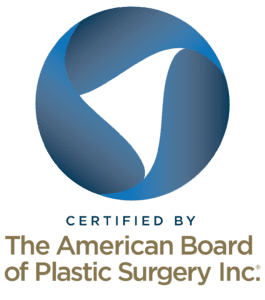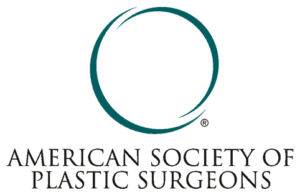
Plastic surgeons are specialized medical professionals who must have years of extensive education and hands on training in order to meet the minimum requirements for their field. Many men and women have taken steps toward becoming a plastic surgeon only to realize the immense difficulties this career path entails, ultimately turning back because of the challenge.
If you think you may be someone who can navigate the complicated and rigorous standards required for plastic surgeons, read on. We’ve outlined our essential tips on how to become a plastic surgeon below.
What Do Plastic Surgeons Do?
When most people think of plastic surgeons, they think of doctors who perform cosmetic surgery — procedures such as breast augmentation, breast lift surgery, tummy tuck surgery, etc. While this is certainly true, plastic surgeons also perform other types of surgeries and procedures.
For example, many of the procedures plastic surgeons perform are reconstructive. This means that they are helping to reconstruct a person’s body to its original form or function. A good example of this is someone who has breast cancer and needs a double mastectomy. After their breasts are removed, they may decide to undergo breast reconstruction, and in this case, it would be a plastic surgeon performing the breast reconstruction.
Likewise, some women may find that they have breasts that are too large and heavy. This can give them terrible back pain, neck pain, shoulder pain, and other chronic ailments. In this case, they may decide to have their breast size reduced with breast reduction surgery, and again, this procedure would be performed by a plastic surgeon.
Other reconstructive procedures that plastic surgeons perform include those for skin cancer, skin repair, hand surgery, rhinoplasty (nose surgery) to correct breathing problems, and others.
How Long Does It Take to Become a Plastic Surgeon?
If you want to know how many years to become a plastic surgeon, brace yourself.
It typically takes about 14 years of education and training after high school to achieve this goal. This includes undergraduate studies, medical school, residency, and potentially a fellowship.
Steps to Becoming a Plastic Surgeon
These are the main steps you must undergo in order to become a plastic surgeon.
1. Complete Undergraduate Degree
Obtain a bachelor’s degree, focusing on pre-med courses like biology and chemistry (four years). You’ll then need to apply to medical school (take medical college admission test, fill out applications, perform interviews, etc.).
2. Complete Medical School
Earn an M.D. or D.O. medical degree from an accredited med school (four years).
3. Obtain Medical License
Secure a state medical license to begin residency.
4. Complete Residency
Undergo a six-year residency in plastic surgery training. Your plastic surgery residency program will often be in another state or location. Try to focus on your chosen medical specialty (medical specialties) and chosen preferred plastic surgery procedures.
5. Optional Fellowship
Specialize further by completing a reconstructive or cosmetic surgery fellowship. Choose a plastic surgery sub-specialty (one or more years).
6. Board Certification
Get certified by the American Board of Plastic Surgery.
7. Join or Start a Plastic Surgery Practice
You may decide to start your own plastic surgery practice or join someone else’s. Becoming a plastic surgeon is expensive, but the average annual salary of a plastic surgeon is significant, so loans can typically be paid off rather quickly.
FAQ: Becoming a Plastic Surgeon
Where should aspiring plastic surgeons go to college?
Aspiring plastic surgeons should choose a college with a strong pre-med program, offering courses in biology, chemistry, and physics. While there is no specific major required, attending a school with a robust science curriculum and opportunities for medical research or internships is ideal.
Are cosmetic and reconstructive surgery the same thing?
Cosmetic and reconstructive surgery are not the same; cosmetic surgery focuses on enhancing appearance, while reconstructive surgery aims to restore function and normal appearance after injury or illness. Although they often overlap, the primary goals of each are distinct.
Does a plastic surgeon perform oral and maxillofacial surgery?
While plastic surgeons sometimes perform jaw surgery, surgeons who specialize in oral and maxillofacial surgery focus more directly on the jaw as well as on the inside of the mouth and the structure of the face in general.
Request a Consultation with Dr. Steinberg
Plastic surgery involves high intelligence, intense focus, a close attention to detail, and a variety of intricate skills. You must be an extremely focused and hard-working individual to pursue a career in this field.
Female plastic surgeon Dr. Ashley Steinberg has gone through the entire process of becoming a board-certified plastic surgeon and now practices full-time in Houston. Dr. Steinberg specializes in reconstructive and cosmetic surgery procedures and has helped numerous men and women achieve and exceed their goals.
If you are interested in undergoing plastic surgery with Dr. Steinberg as your surgeon, please call to book a consultation appointment today.














